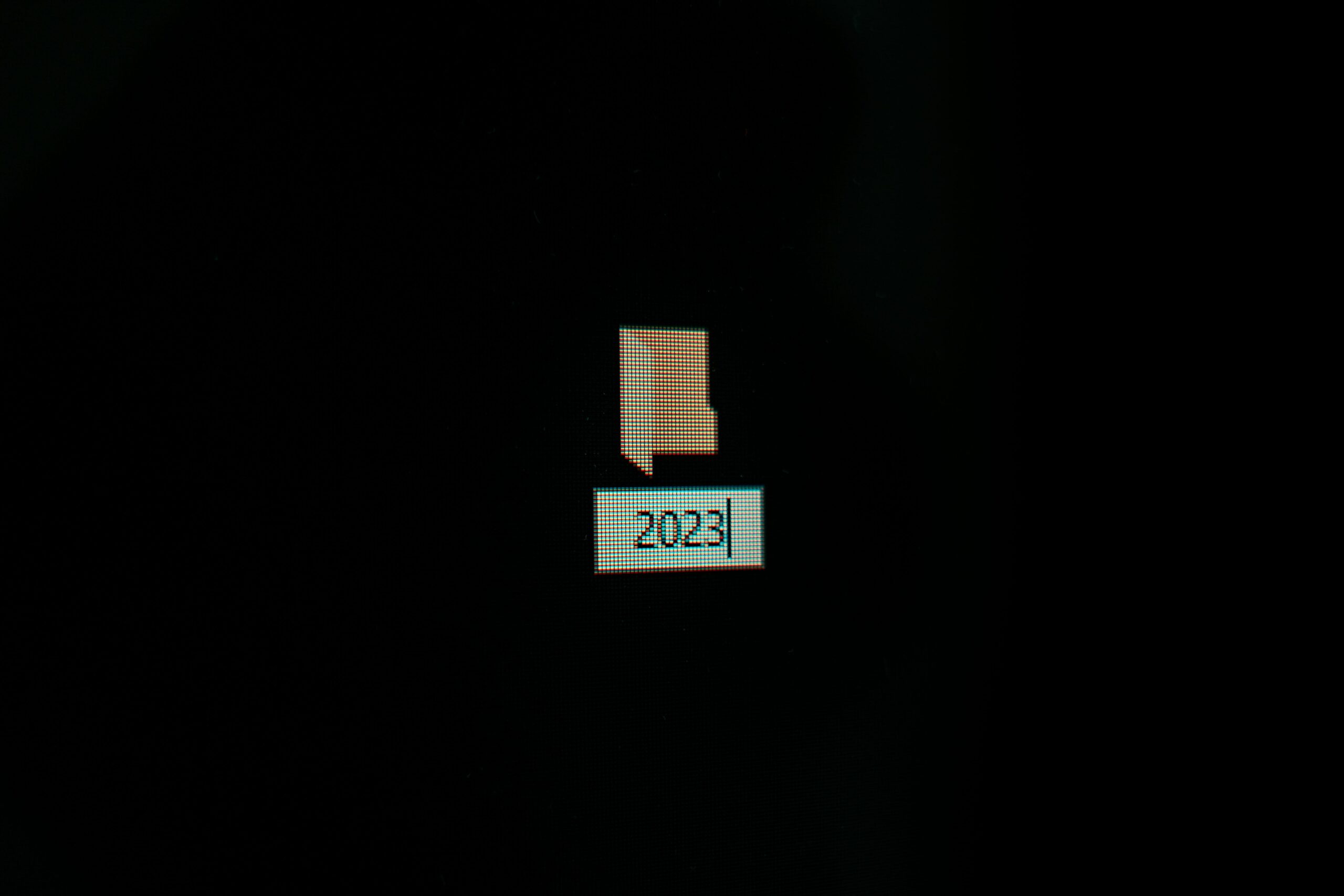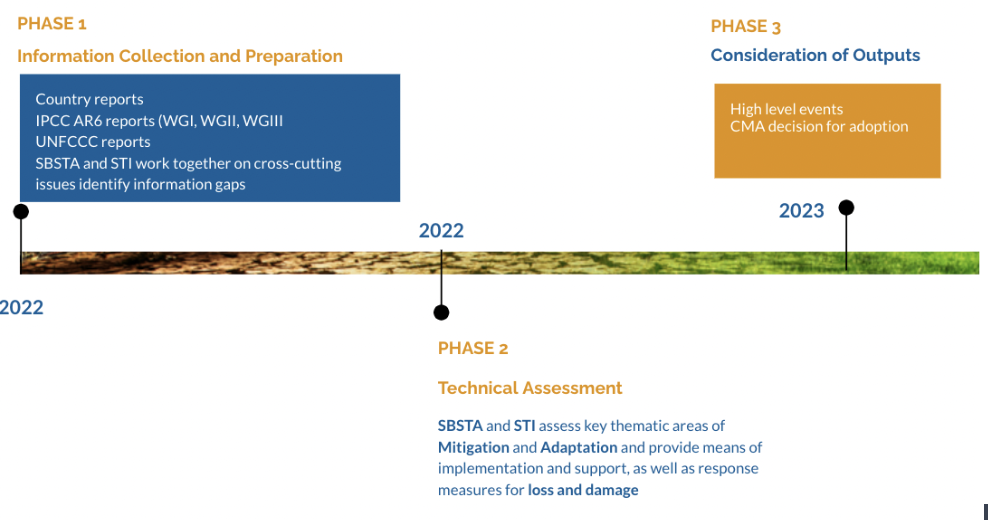The recently concluded Bonn intersessional (SB58), discussions centered around the upcoming global stocktake, which is a process that will assess the progress of countries towards meeting their climate goals. The global stocktake is a key aspect of the Paris Agreement, and it is set to take place in this years COP28. At the Bonn Intersessional, countries discussed the methodology and criteria for the global stocktake, as well as ways to increase ambition in the lead-up to COP28.
The process serves a dual purpose: to inform the next round of NDCs (Nationally determined contributions) and raise their level of ambition, while also assessing the need for increased action and support. During COP24, countries established a three-phase process for the global stocktake, which will allow for a comprehensive assessment of progress towards the Paris Agreement’s objectives.
The Global Stocktake is a vital tool for ensuring the Paris Agreement remains effective in achieving its goals. It provides an opportunity to measure progress towards goals and identify areas where additional action is necessary. As such, it serves as a cornerstone for enhancing international cooperation on climate change and promoting a sustainable future.
The Global Stocktake process involves three phases:
Information collection and preparation: The first phase involves collecting and preparing information, including NDCs, scientific studies, country reports, and national submissions necessary to conduct the stocktake. The UNFCCC Secretariat will synthesis and compile the inputs and prepare multiple synthesis reports to inform the technical assessment.
Technical assessment: This assessment consists of a series of technical dialogues held over two or three consecutive UN climate conferences. The dialogues are organised to assess collective progress toward the Paris Agreement’s purpose and long-term goals, including under Article 2.1(a-c) of the Agreement, focused around three themes: mitigation, adaptation, and means of implementation and support.
Consideration of outputs: The third and final phase of the stocktake process will take place at COP28 in the UAE in 2023, where the findings of the technical assessment will be presented and discussed. This phase will identify opportunities for enhancing action and support while summarising key political messages. Overall, the global stocktake process plays a critical role in shaping international cooperation on climate change and advancing progress towards a sustainable future.
Why global stocktake prioritisation is a critical agenda for COP28
The first Global Stocktake is due at COP28 this year. Prioritising the Global Stocktake at COP28 is critical in supporting the identified gaps in climate action. The latest IPCC AR6 report, badged as the IPCC’s “final warning” spelled out “road signs” on the way to 2050, the deadline for the world to reach net zero emissions in order to limit temperature rise to 1.5°C – by 2030. The world needs to reduce emissions from 2019 levels by 48%, by 65% by 2035, and by 80% by 2040.
The Global Stocktake process will also help to identify areas where countries need additional support to implement their NDCs, such as technology transfer, capacity building, and finance. This can lead to increased global ambition towards mitigating climate change and hold countries accountable, ensuring that they are doing their fair share in reducing greenhouse gas emissions
As the first planned stocktake, COP28 will set the pace for subsequent stocktakes taking place every five years. By providing a regular opportunity for countries to assess their progress towards the Paris Agreement’s goals, the Global Stocktake can create a transparent and accountable process that can build trust between countries and increase the likelihood of successful international cooperation on climate change.






